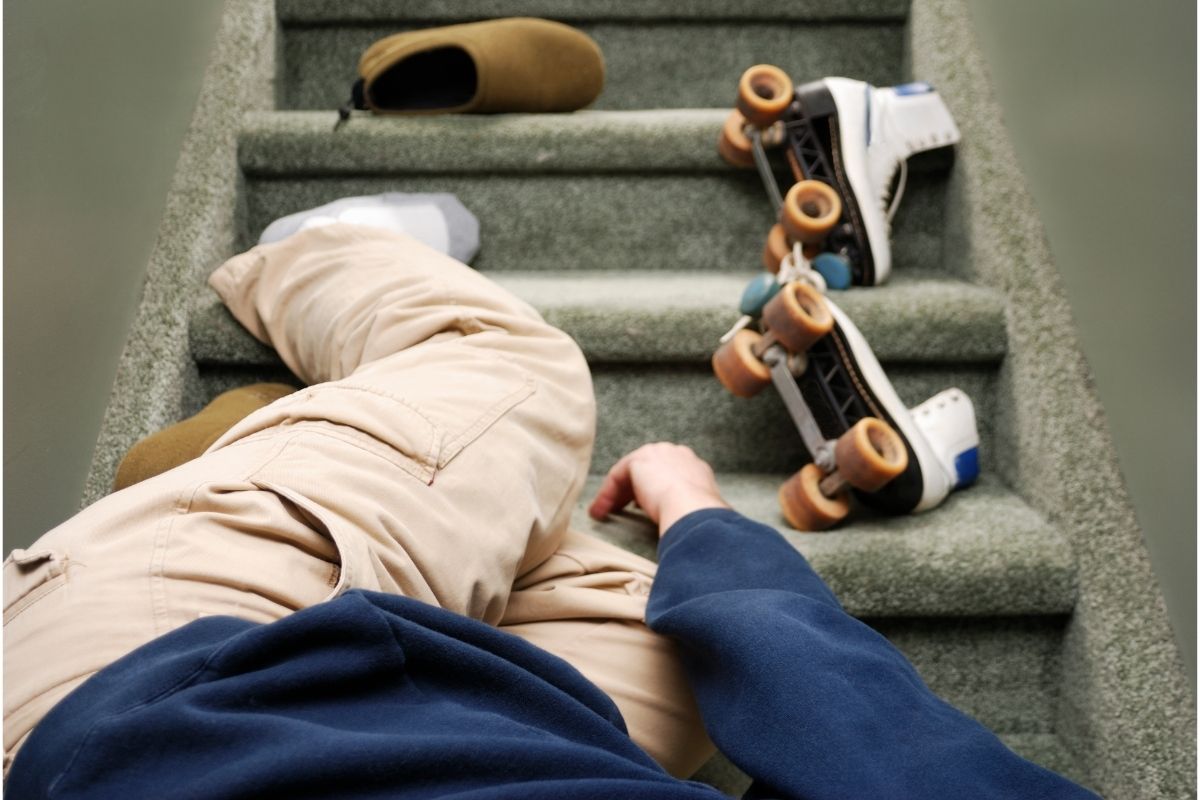Homeowner’s Insurance Covers More Than Just The Home
If you are injured while visiting the home of a friend or family member in Colorado Springs, suing homeowner’s insurance is the most feasible way to recover compensation for your injuries. That’s because most homeowner’s insurance policies cover more than property damage; they also provide coverage for injuries that a visitor sustains while on the property. Most policies also cover injuries caused by the policyholder that occur away from their property.
In many ways, homeowner’s insurance claims for personal injury work in the same way auto insurance claims work. Both types of policies include liability coverage for injuries sustained by another person due to the policyholder’s negligence. An individual injured by another driver’s negligence may sue that driver for compensation, but it will be the driver’s car insurance company, and not the driver themselves, that will ultimately pay any settlement or judgment in favor of the injury victim. The same goes for personal injuries sustained because of a homeowner’s negligence in maintaining their property in a reasonably safe condition. The injury victim will be suing homeowner’s insurance, and not the homeowner personally, to trigger the coverage that will ultimately pay for their losses if their claim is successful. For this reason, seeking compensation for injuries you sustained on their property does not have to mean the end of your friendship with the homeowner.
Here are the why’s and how’s of suing homeowner’s insurance for personal injury in Colorado.
Homeowner’s Insurance Policies Cover Personal Injury Claims
The personal liability coverage contained in a homeowner’s insurance policy covers the owner against claims and lawsuits for injury or property damage caused to others by the owner or their family members, including pets who may injure someone. Liability coverage in a standard homeowner’s policy pays both for the cost of defending the homeowner against claims and for any settlement or judgment entered against them.
While personal liability protection covers injuries caused by negligence, it typically won’t cover any harm caused by intentional acts. For instance, a homeowner’s policy will cover a broken leg sustained by someone falling into an empty swimming pool that was not adequately marked or fenced off but will not cover a broken nose caused by the homeowner assaulting one of their guests.
Here are some of the typical personal injury claims covered under the personal liability protection coverage in a homeowner’s insurance policy:
 Falling down stairs with a broken step or handrail
Falling down stairs with a broken step or handrail- Slipping on a spilled beverage
- Tripping on uneven walkways, damaged carpet, or clutter
- Exposure to toxic chemicals
- Dog bites
- Fire or electrical accidents
- Falling into swimming pools
- Falling objects
Get Homeowner’s Insurance Policy Information
Imagine this scenario: You are at a friend’s house watching a football game and get up to get a snack in the kitchen. On your way, you slip on a puddle caused by your friend’s child spilling their juice all over the floor. As a result of your fall, you break your arm and suffer a concussion. After receiving the medical care you need and possibly facing time off work, you realize that your injuries are an extra expense that you cannot bear. You then tell your apologetic friend that you would like to file a claim with their homeowner’s insurance company to pay for these and any other losses you sustained.
Hopefully, your friend understands your point of view and provides you with that information. However, in the rare case where your friend is reluctant to give you their policy information, you can have an attorney make a formal demand that they do so. If they don’t provide you with the requested information at that point, your attorney may need to sue the homeowner, who will then notify their insurer about the claim. (If the homeowner does not promptly notify their insurer about your lawsuit, the insurer may deny them coverage.)
Make a Claim and Negotiate With the Homeowner’s Insurance Company
Once you have the policy information, you and your personal injury attorney can notify the insurance company of the accident and your injuries. As with a claim made with a car insurance company, the homeowner’s insurance company will investigate your claim, and your attorney will set about proving negligence for your slip and fall injuries. If the insurance company finds that your accident is covered under the policy’s personal liability protection, they make you a settlement offer. But be careful. Any amount they offer to settle your claim will likely be far less than you deserve or could get if your case went to trial. That is why you should never try to negotiate a personal injury settlement with an insurance company without a lawyer.
Suing Homeowner’s Insurance Company If You Can’t Reach a Settlement
Suppose the homeowner’s insurance company either denies coverage or the settlement discussions do not result in a sufficient settlement offer. In that case, you may need to sue the homeowner to recover the compensation you deserve. This may sound awkward if that homeowner is a friend of yours. But remember, your friend will not be the one paying any lawyers or damages. The insurance company will be the one defending against your claims, paying attorney’s fees, and writing a check for any damages.
Considering Suing Homeowner’s Insurance? Speak To An Experienced Colorado Springs Personal Injury Attorney First
Accidents upend our lives in ways we never expected, and even more so if they happen on the property of a friend. You need an experienced Colorado Springs premises liability lawyer who will understand the difficulties now facing you. This includes your desire to preserve the friendship while at the same time fighting to get you the resources you need to recover.
Connect with a personal injury attorney in Colorado Springs for a free case evaluation.


 Falling down stairs with a broken step or handrail
Falling down stairs with a broken step or handrail


